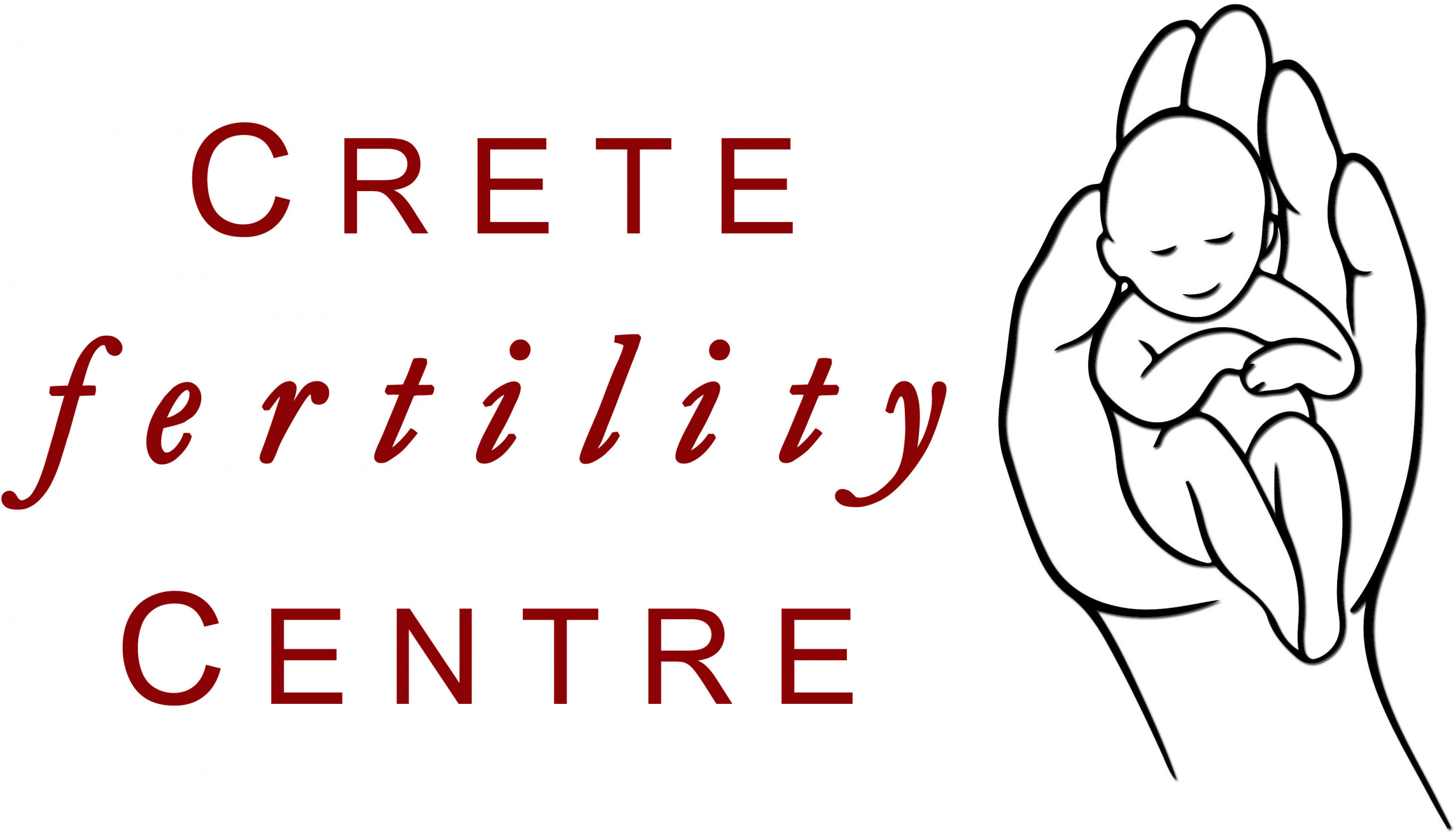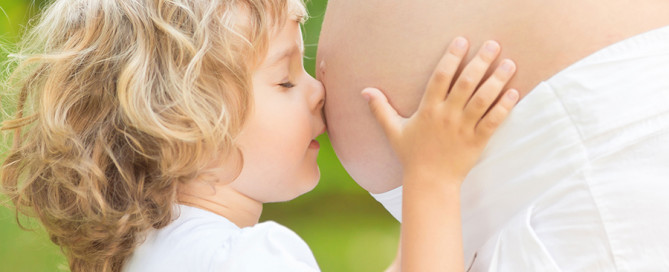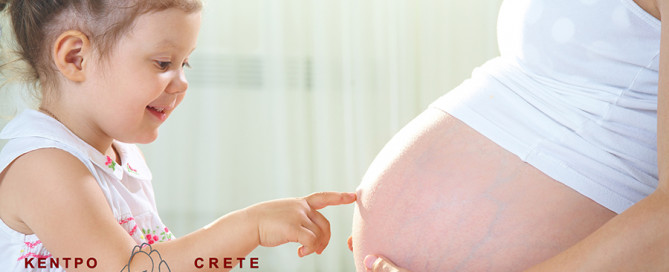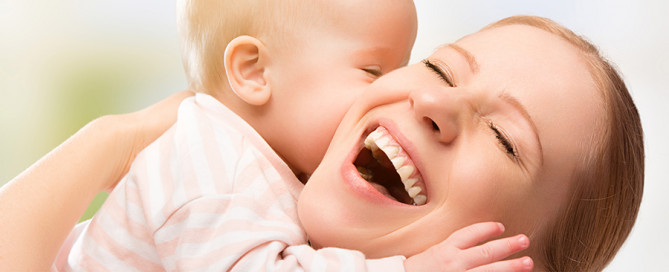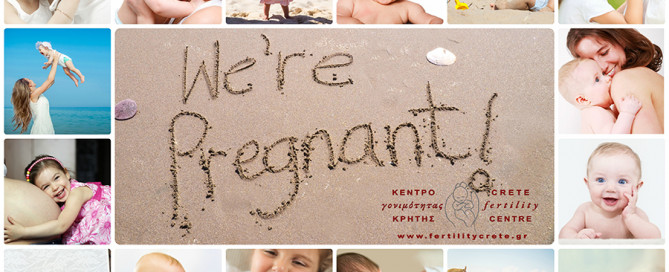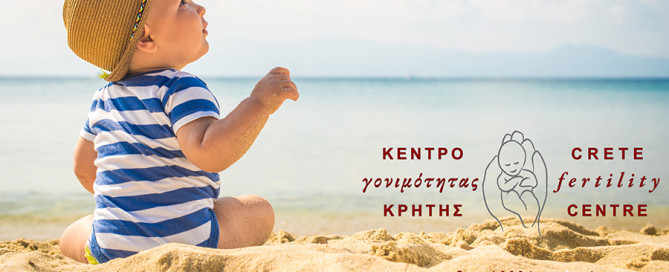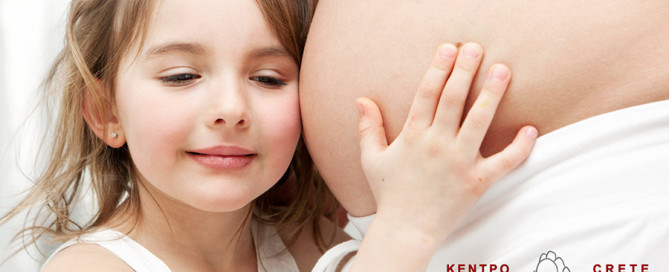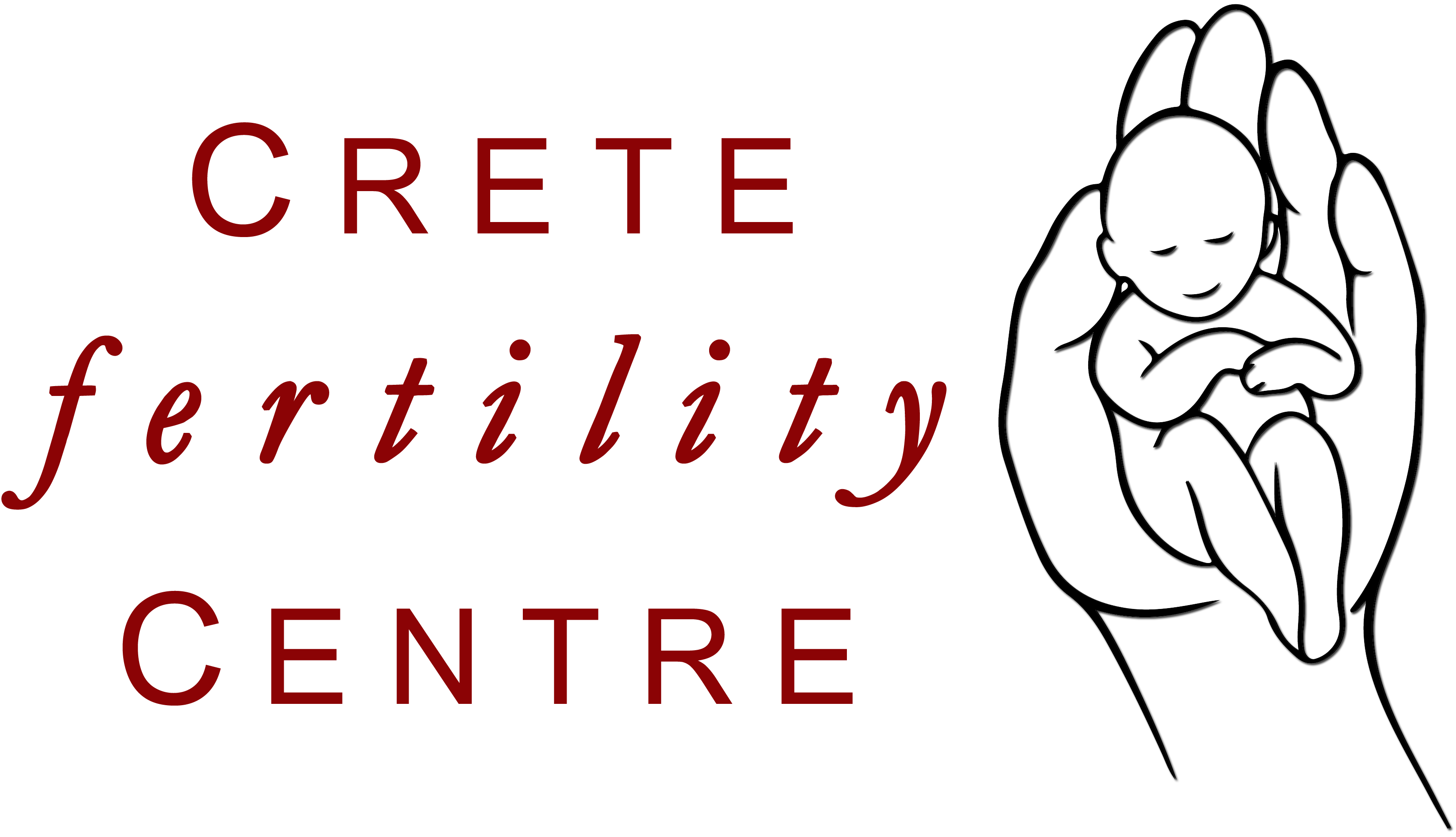Forget the tired ‘single mother’ stereotype. All hail the rise of the new Solo Mum
There is a new breed of Solo Mum – mothers choosing to birth and bring up baby alone – finally putting the tired old Single Mother stereotype to bed. According to new figures from the Human Fertilisation and Embryology Authority (HFEA) this week, there has been a 22 per cent hike in the number of
